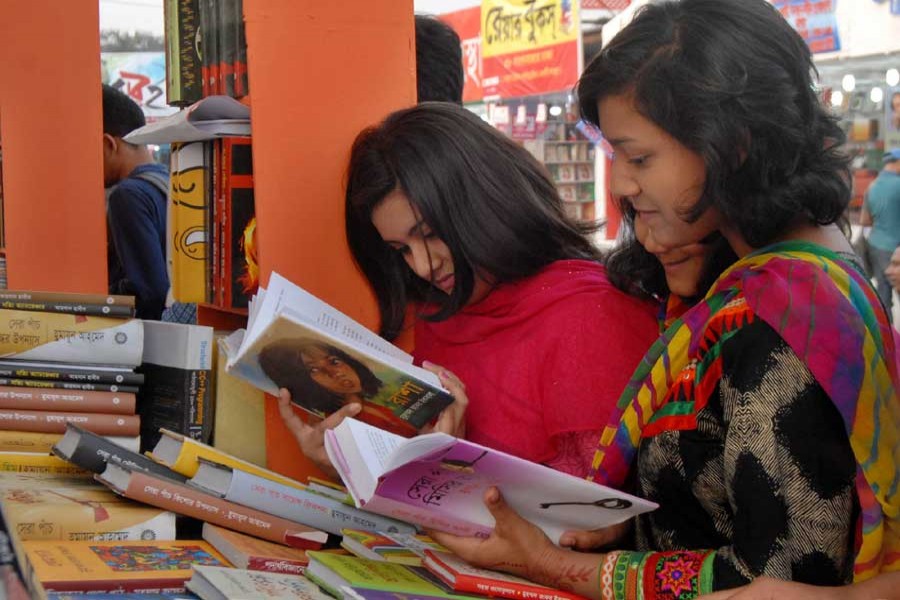The most difficult task for any writer or public speaker today is to create appeal for narratives s/he makes and replicates. The easiest thing, in this regard, is to blame the internet for it offers too many alternatives to reading books, short stories, newspaper articles, lyrics, movie scripts, advertorials and other text.
Whoever is the culprit, the trend signifies a change. Accordingly, celebrations and crises alike often lose their true, obvious and implied meaning to the masses as recipients of messages delivered on each occasion.
Against such a backdrop, the coronavirus outbreak in 2020 has interrupted the programmes marking the 50th year of Bangladesh's independence. It's hard to secure public attention to any move to fairly assess the nation's attainments and make a resolution for better transition towards the future.
Bangladesh has stories, remarkable stories that are more or less known to many. Bangladeshis have come out of the shadow of famine, and tried to develop through microcredit operations, making and exporting garments, earning remittances via physical labour and of late freelancing. Rural road connectivity, health infrastructure and enhanced school enrolment are some of the stories that are lauded abroad but yet to be fully dissected at home.
Emerging from the ruins of the 1971 liberation war, the country has presented itself as a development puzzle even to the outside world. But the domestic constituencies were not fully conscious of what have been achieved and what needs to be done to make further progress.
Whatever have been possessed are neither cheap, rather Bangladesh's development should now be measured on the basis of people's potential and aspirations. In fact, the key transformation the country has undergone relates to popular dreams and endeavours in the past five decades. The populace of an independent state has effectively shown their confidence by pursuing goals that were once beyond their knowledge.
However, if the same old stories of, say, garment manufacturing and remittance earning are told time and again showing as models for the future, the country would remain trapped in low end products and cheap manual labour. Horizontal expansion of education and healthcare services would neither benefit the people nor would that help the country respectively to employ Bangladeshi youths in local industries and provide medicare facilities at home.
The growth of a sizable middle class and also concentration of resources in the hands of a fortunate few may have created an impression that Bangladesh has been a good market for products, services, and of course foreign loans. The old dreams of attaining self-reliance would be hard to achieve if the country depends only on blue collar jobs at home and abroad and cheaper products as export items. We may also be deprived of benefits of density dividend.
So, it's time to surmount the limits of earlier drivers of economic growth. Suggestions for improving skills of manpower and quality of education, diversifying the economy or for focussing on research and innovation are not new - such goals would have to be achieved.
To speed up the process of entering the next stage of development, the current trends have to be questioned and people especially the youth force should be encouraged to ask questions about the development they aspire. Already, the unexpected development of the pandemic has questioned several centuries' achievements, not excluding Bangladesh's.
There is no scope that the old narratives, be it of development jargons, could be sold easily in the coming days.
We miss most of the times the stories of the Bangladesh people who, with a few exceptions, remain not only 'nameless' heroes but also not consulted in taking the course of development theoretically meant for them. In the process, the change in the people's aspirations could remain unknown to the policymakers.
The internet, too, has accelerated the process of making the redundant approaches more redundant. At this critical juncture, Bangladesh is waiting for new narratives of development that can attract and engage the people.


